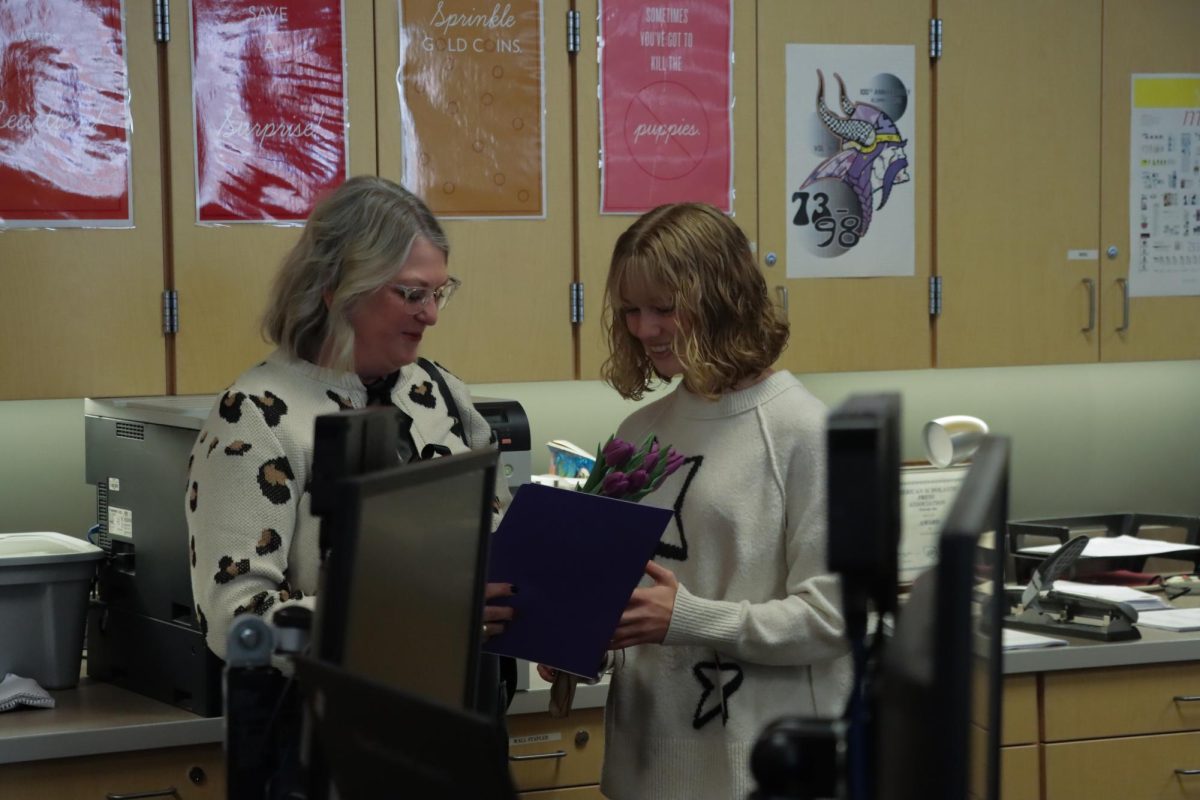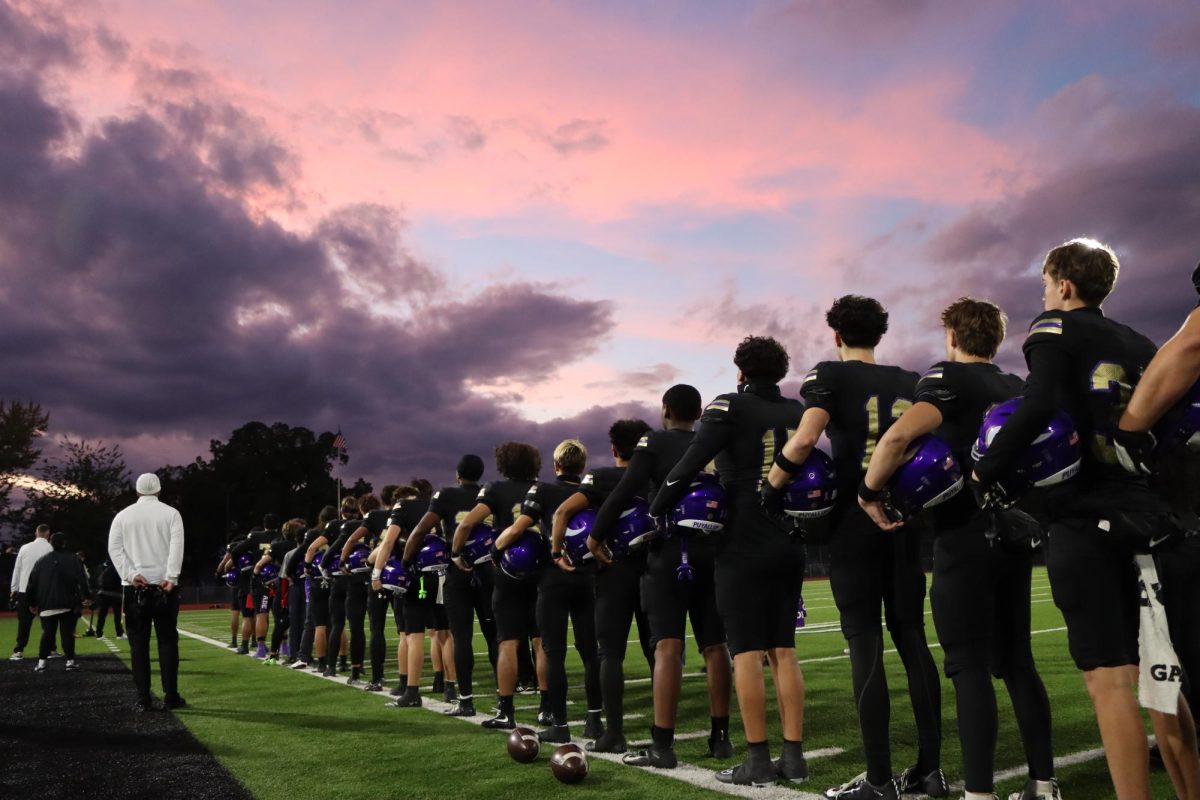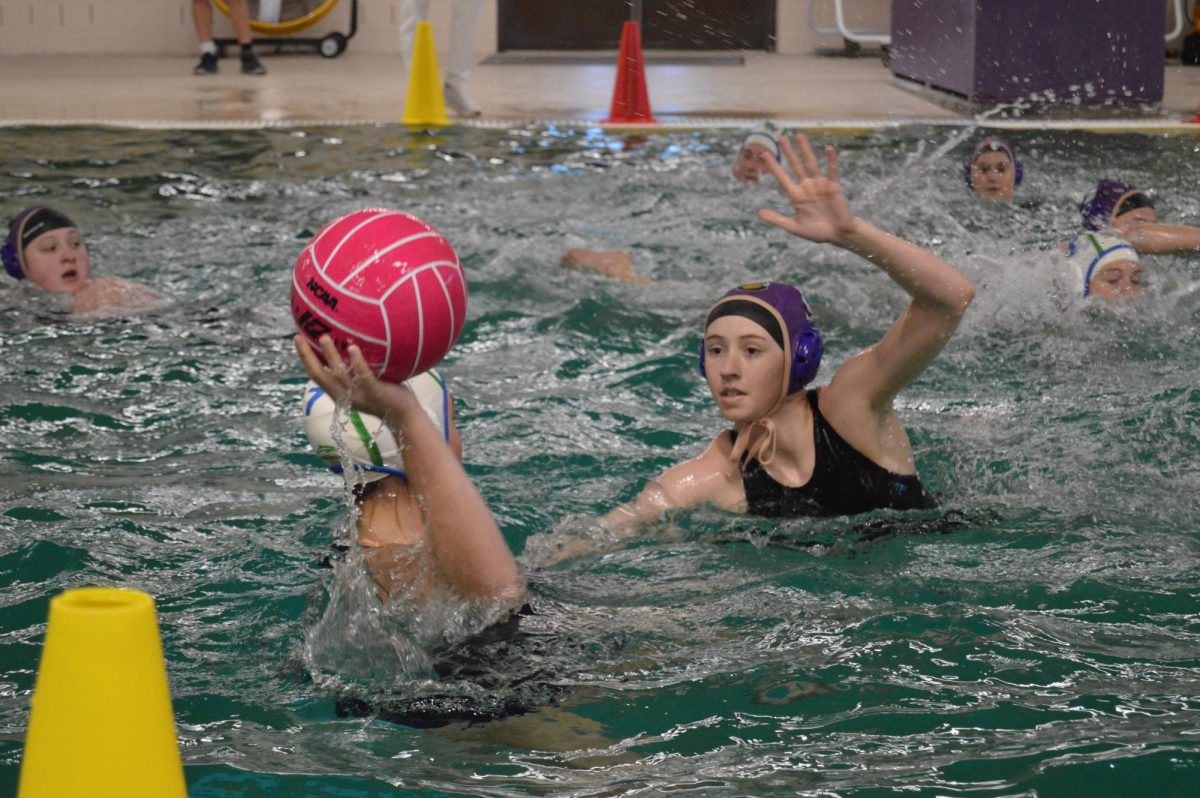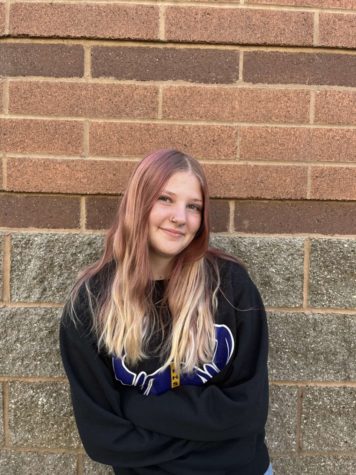In the days of social media, it’s significantly easier for athletes to reach out to college coaches and be reached out to by coaches regarding college recruitment. Before, a coach had to go and watch a student play to see how they perform, now all that is needed is the click of a button.
Senior Isabelle Welch and Director of Finest Basketball Club Northwest Alliance, Nars Martinez, share their thoughts on recruitment through social media and how athletes can use it to benefit their athletic recruitment process.
Martinez has seen firsthand how social media has changed the world of college recruitment, by giving player global connections.
“Social media has made the world a lot smaller. I think there are pros and cons to it in a lot of ways. The good parts of it is that kids and families as well as coaches are able to connect and have a much further reaching network than ever before. Whereas before, coaches had to go in and see a kid or they had to see VHS tape that would have to be mailed across the country,” Martinez said.
Though unexpected, Welch plans to continue her career in softball at Bellevue College next year.
“I didn’t know if I wanted to play [in college] or not. That was something I struggled with in the past, but when I found out about Bellevue College, I had the opportunity to meet the coaches. I felt like it was a safe space for me to go and play a sport that I am good at,” Welch said.
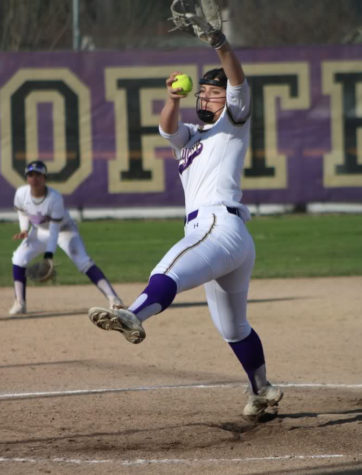
Welch describes the process of her recruitment and what the pressure was like for many athletes, including herself.
“Well, it’s actually a very long process. At the beginning, it was difficult. The recruiting process for softball starts when you’re maybe 13 or 14 years old, because you’re working to get recruited and play at the best level so college coaches will find you. At the beginning, it was difficult for me because there was so much pressure to always be the best at what you do,” Welch said.
Martinez, like many, believes there are downsides to social media being used as a means of recruitment, as many adolescents can be caught comparing themselves to other athletes who are left wondering if they are as good as their peers.
“Potentially the downsides of social media now is parents and kids are a lot of times comparing their recruitment to others. That has a lot of negative effects and social media doesn’t always give a clear vision of reality,” Martinez said. “If you’re sitting there and looking at other people’s profiles to see what their recruitment is like, and then comparing that to yours, you get down on yourself. You can feel like you’re not getting the offers that other people are getting. It doesn’t allow for people to focus on their own development and their own recruitment because it’s a constant comparison game.”
It’s easy to scroll on Instagram and see that every athlete around is receiving offers from colleges to continue playing. Although, the reality is that college coaches put a lot of consideration into each offer they give according to Martinez.
“College coaches don’t always trust their own eye for scouting talent and evaluating, because they won’t offer a kid until they see [another college’s] offer to a kid,” Martinez said. “They look at social media in order to kind of gauge where other people feel that kid’s level of ability is at versus just trusting their own evaluation for talent.”
Welch’s recruiting process was very unique, but she still worked hard to achieve her goals and get recruited.
“I was sending [videos] out maybe once every three weeks to my favorite colleges, just so that they can stay in touch and have that video. My story is a little bit different than a lot of other athletes, because I took a break and got lucky that I found a place that was good for me and the right fit,” Welch said. “I think for a lot of people, it’s consistently sending [videos] out to their recruiter or to their coach so that way they will be aware of who you are.”
Despite what many think, recruitment isn’t one-sided. Martinez says that many athletes also reach out to coaches via social media.
“We’ve had some proactive kids that have utilized social media, they will reach out to college coaches and message them and consistently update them with highlight films,” Martinez said. “It’s an easy way for them to connect and stay in touch because these college coaches have 1,000s and 1,000s of kids from all over the world that they can select from and choose to recruit.”
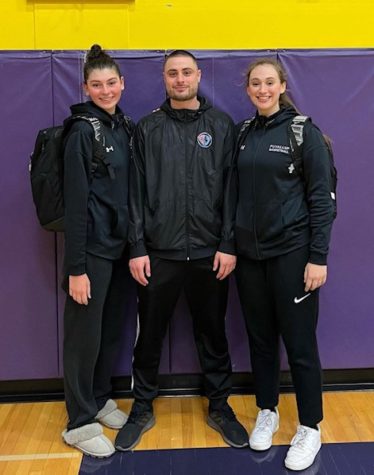
Martinez says social media presence matters to colleges, as it can be detrimental to an athlete if they post unprofessionally.
“I think [athletes] that use social media get to pump their name out [to colleges] and get quality stuff out there about themselves. It can help them more than it can hurt them as long as they are conducting themselves professionally on social media and being mindful of what they’re posting,” Martinez said.
Welch shares her excitement about playing softball alongside a committed group of players, one of whom is her best friend.
“I’m excited to be able to play with a group of girls that I really like. I’m playing with one of my best friends, we’re both committed together,” Welch said. “I’m able to play in a safe space, the coaches are amazing, and we align with the same core values about softball and that’s important to me.”
Many student athletes struggle with mental health, the pressure of success can be too much for some players. Welch gives advice to young athletes.
“I wish I knew that you’re not defined by your success. Every person is so much more than a sport and that’s something that I’m passionate about. Playing a competitive sport where you are being recruited so young, there’s so much pressure put on you to be the best,” Welch said.




